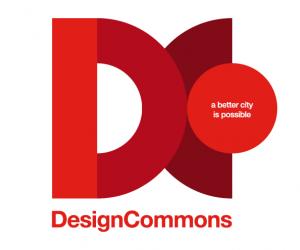Part of the Project
What3words founder Chris Sheldrick was one of the industry leaders to gather at the first-ever Design Commons to talk shop.
From Tiffany Chu’s redesign of transport systems to Sir David Adjaye’s assertion that more solutions can be found on the African continent than anywhere else, ideas were workshopped and relationships were formed at the capsule event.
For Sheldrick, who recently won the INDEX: Award 2017, it’s about looking to the future when planning – not for short term gain but long term solutions.
His own addressing system, what3words divides the world into 57 billion 3 metre by 3 metre squares. Each square is tagged with a unique sequence of three words. Using this unique string, each string can be located from anywhere in the world even if it’s remote and even if there are no roads or house numbers.
So far, it’s used by the postal services of Mongolia, Djibouti, Tonga, Saint Martin, and Côte d’Ivoire, with many more – including developed countries – likely to follow. 3 word addresses are also being used by the UN, the Red Cross and emergency response and humanitarian organisations around the world.
But where does his system fit in when considering the global mission to create more sustainable, inclusive cities? According to Sheldrick, it’s about making life easier and making even the most remote places more accessible. But it will also have an impact in the developed world as autonomous systems like drones or cars take shape.
“How are we going to tell them exactly where to go when an address isn’t good enough. We want to get addressing considered as that critical piece of infrastructure while people are designing the way these cities are going to look,” he says, adding:
“I think the question is, can we boldly plan for not just tomorrow but beyond that?”









